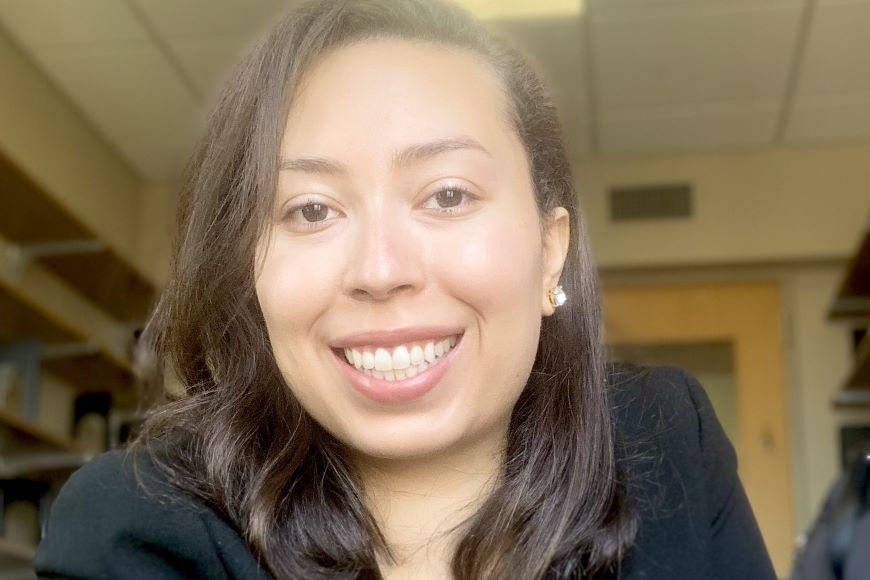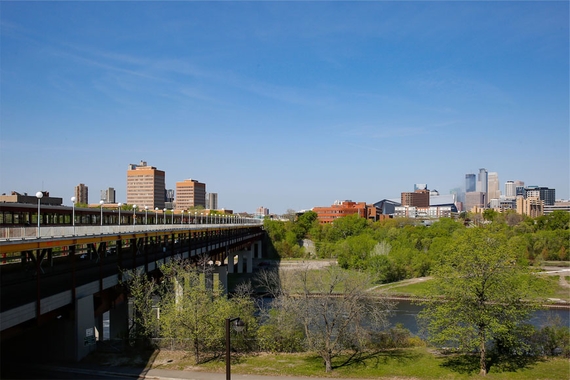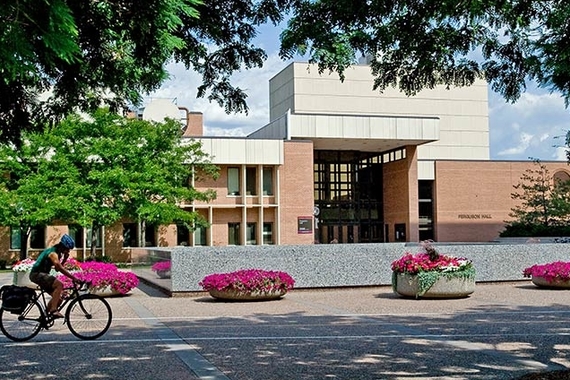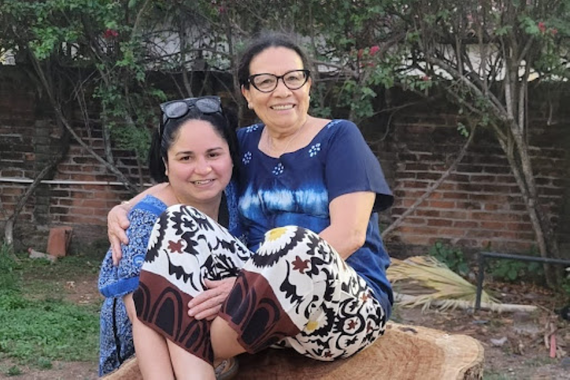Yalile Suriel: Understanding Intersections Between Universities and Society
History’s new assistant professor Yalile Suriel doesn’t shy away from the complex, layered issues related to universities and power. In her classes, she encourages students to step beyond their own comfort zones, pushing them to “think about power, where it is located, and how it is reproduced and challenged in a multitude of spaces.”
What are your areas of specialty?
My work examines how the histories of higher education intersect with histories of the carceral state. The short story between these fields is that in the latter half of the 20th century, universities across the nation were undergoing key transformations that intersected with the nation's construction of a carceral apparatus in some interesting ways. Higher education has (at different points in history) legitimized, resisted, embraced, or in some way altered how we collectively think about issues of crime, surveillance, policing, incarceration, and activism. I am particularly interested in the 1960s and 1970s and how that era profoundly shaped how universities saw their own role in society.
How did you become interested in what you study and teach?
In college, I was a political science major and I loved nearly every class I took. However, in my last year, I took a history course on the 1960s and it not only changed the types of questions I was asking about the world around me, but also changed my long-held plans to attend law school. I instead decided to go to graduate school so that I could keep asking questions and exploring the legacies of the past. I quickly learned that I had a passion for teaching and engaging with students. From that point forward, I decided to pursue a life where I would be in the classroom thinking alongside my students about the big ideas that our society continues to grapple with.
What courses are you currently teaching or looking forward to teaching soon? What's special about them?
So far this semester I have truly been enjoying getting to know students here at the U of M. Teaching for the Master of Human Rights (MHR) degree program has also been incredibly enjoyable and intellectually stimulating, especially when learning about the expansive interests of our graduate students. Furthermore, co-teaching the African American history post-1865 survey course with Professor Saje Mathieu has been a real pleasure and privilege for me. I have enjoyed collaborating with Professor Mathieu and learning about our undergraduate students. Next semester, I am looking forward to teaching HIST 3020 on Latinx history. I’m also looking forward to teaching a course on the history of student activism in the near future.
What are some of the big takeaways students will get from your courses?
In virtually all my classes, students can expect to explore big questions related to concepts of the university, the carceral state, and power. Collectively, we will think about power, where it is located, and how it is reproduced and challenged in a multitude of spaces.
What are you most excited about right now?
I’m super excited to be returning to the classroom this fall and to be exploring everything that Minneapolis has to offer.



